As the craft spirits industry adapts to meet evolving consumer preferences and regulatory requirements, many establishments are turning to enterprise resource planning (ERP) systems for operational efficiency and improved business processes. Comprehensive distillery ERP software solutions offer a reliable route to streamlined operations and data-driven decision-making, but can sometimes be met with resistance by team members who are used to a traditional set of processes and programs.
Effective change management becomes vital within this context, given its role in realizing the full benefits of a distillery ERP system. It smooths the transition from old systems to new, ensuring minimal disturbance to routine operations. It also oversees the human element, managing apprehensions and responses among the staff to impending changes.
Recognizing the Challenge of Digital Transformation in Distilleries
Digital transformation – powered by ERP systems – in distilleries presents challenges. This transition requires adjustments at all levels of the organization, from distillery floor operations to back-office management. The introduction of new processes and workflows can reveal old insecurities and resistance to change that can hinder successful ERP implementation if not addressed promptly and effectively. It is crucial for leaders to identify and manage any resistance to ensure the harmonious integration of a distillery ERP system.
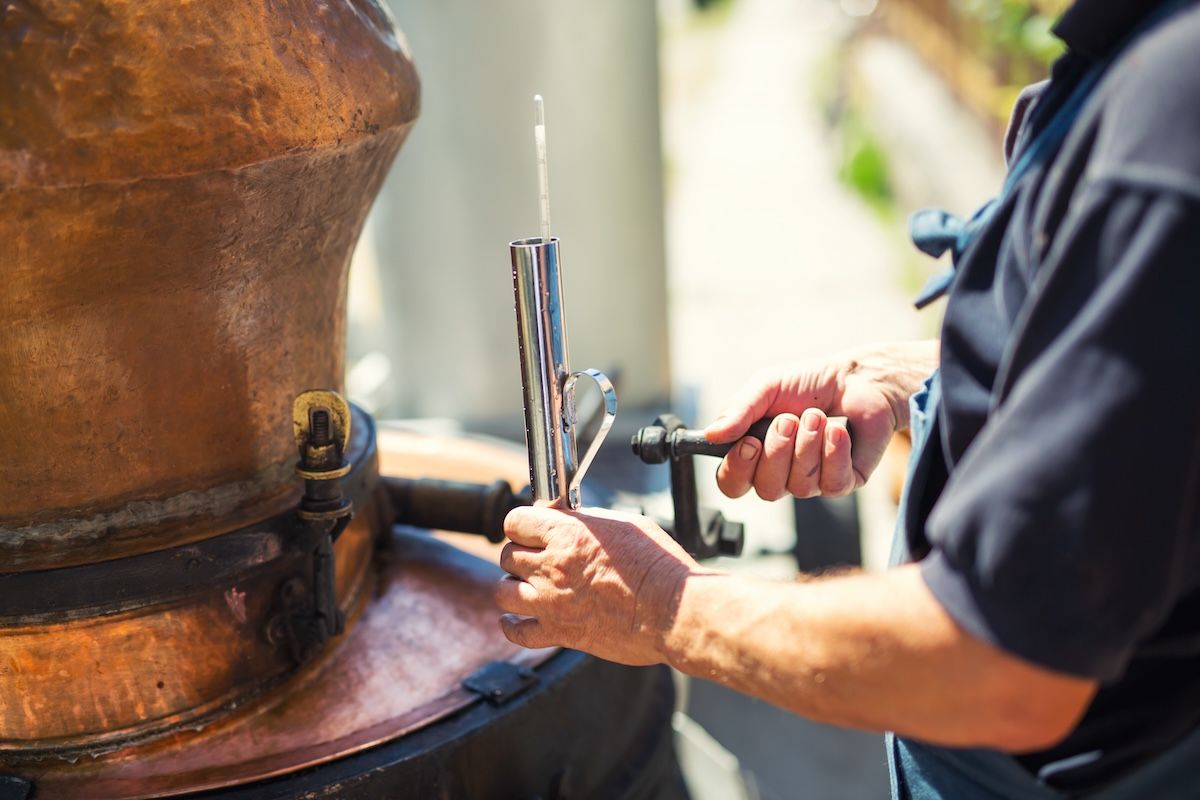
Identifying Potential Resistance
Recognizing potential resistance is step one in managing change effectively. This acknowledgment addresses concerns and builds engagement among the team members, a vital component for successful distillery ERP implementation.
Understanding Resistance Among Distillery Staff
Employees tend to resist change when it alters their familiar work routine. Staff may voice concerns regarding job security, fearing that automation might render their skills obsolete. Struggling with the technical aspects of using a new software system or feeling overwhelmed by the prospect of learning new procedures is common.
Distilleries that have long relied on traditional methods may experience a higher level of resistance. Employees accustomed to hands-on, tactile processes may view the abstract nature of digital systems as an intrusion, causing discomfort and skepticism.
Acknowledging these issues by sending out (and reporting back on) surveys, holding department-level and company-wide discussions and promoting an open-door policy can help. Understanding these concerns is an important step toward addressing them.
Identifying Key Resistant Groups in the Distillery Team
Resistance can be challenging when it originates from key individuals or groups within the team. This might include long-serving employees who have deep knowledge of traditional systems, managers who feel their authority threatened by shifting procedures, or employees who lack confidence in their technical skills.
Management should actively seek to identify these potential sources of resistance through confidential interviews, feedback forms and team meetings. Recognizing resistant individuals or groups allows for strategies to be tailored, ensuring a smooth transition to new processes and tools. Understanding the roots of resistance aids in crafting effective change management techniques to navigate the digital transformation journey.
Strategies for Inclusive Decision-Making
Successfully adopting a distillery ERP solution necessitates the acceptance of every team member. Inclusive decision-making prioritizes listening to concerns, acknowledging fears and responding to doubts, which results in a more positive perception of the upcoming changes.
An effective approach to fostering acceptance is involving team members in the ERP selection process. This can range from providing input on preferred functionalities to participating in vendor demos. Individuals are less likely to push back on decisions in which they feel ownership, and this strategy can lead to increased engagement and reduced resistance.
Consider inviting one or more of your more tenured employees to participate in a software demonstration. Their experience on the distillery floor, paired with an understanding of how the new software can optimize those processes, allows their voice to become an invaluable bridge between the traditional and the modern. The result is improved buy-in from a potentially resistant group.
Transparency is another key element of good change management. Sharing the why and how behind the decision to implement a distillery ERP goes a long way in minimizing speculation and fear. A detailed execution plan that includes timelines, objectives and the benefits each team will derive from the new system fosters understanding and commitment.
Well-informed employees can better appreciate the necessity and advantages of the change – both for the organization and their specific roles. Regular updates on the implementation progress, a readiness to answer questions, and a proactive approach to address any arising concerns all help foster a sense of engagement and ownership among all team members.
Implementing Effective Training and Support
To ensure a smooth implementation of a new distillery ERP solution, providing comprehensive training and continuous support to employees is critical. Equip your team with the skills and confidence they need to use the new system effectively.
Tailoring Training Programs for Different Staff Levels
Every staff member at your distillery will have a different comfort level with adopting new systems. A general training program would not suit all employees. An effective training strategy is to tailor sessions to different groups within the company.
For instance, a member of the distillery's management group might require training on business intelligence features and high-level reporting capabilities of the new system. Distillery floor workers might need to learn about specific modules related to production schedules, quality control or inventory management.
By tailoring training to suit the needs of each staff segment and proactively addressing any errors in the learning stages, you will equip your team to not only understand but adapt.
Continuous Support and Feedback Mechanisms Post-Implementation
Implementation of a new distillery ERP system doesn’t end with the completion of initial training sessions. Regular, ongoing ERP support is essential to ensure the team continues to effectively use the software.
A robust post-implementation support system such as an internal or vendor helpdesk and/or refresher training sessions can be a lifesaver to any staff members struggling to adapt to the new software.
Establishing feedback mechanisms that allow users to express concerns, ask questions and share their experiences with the new system are also a valuable tool. This input can help identify common areas of difficulty and provide insight into further improvements.
The bottom line is not to leave anyone grappling in the dark. Continuous support and open communication channels assure your team that help is available and their voices are heard, easing adaptation to – and adoption of – the new distillery ERP system.

Meeting Change with Open Arms
Interweaving the old with the new takes much more than a mere announcement of change. A structured approach with consistent efforts is needed to facilitate a smooth transition to new systems.
As your entire team embraces change, it can result in profoundly rewarding outcomes for your distillery. Production scheduling becomes more accurate, which reduces waste and costs. Quality control becomes consistent and rigorous, resulting in superior products. Employees spend less time on repetitive tasks and have more time for strategic responsibilities. These changes elevate not just the operational efficiency of the distillery, but also boost morale and work satisfaction among your team.
Looking Ahead: Sustaining Change in Distillery Management Practices
Change is a journey, not a singular event, and sustaining that change is as important as initiating it. Communication should be kept open, concerns should be addressed promptly, ongoing training should be provided, and your team should be encouraged to celebrate their new skills. Feedback should be sought and given continuously to keep the transition process dynamic and forward-moving.
The era of digital transformation in distilleries is challenging but also presents opportunities to reshape your operations, improve productivity and pave the way for growth. Distilleries can ensure their ERP implementation journey isn't just about technological enhancement, but truly about capacity building for the organization.
If your distillery is looking to expand or modernize your organization, consider implementing a full end-to-end business management platform. Crafted ERP Distillery Edition takes you from concept to reality, recipe to distribution, disparate systems to unification. Our configurable solution covers production, barreling, bottling, inventory management, sales, supply chain, CRM and more.
Is it time to take the leap toward digital and operational transformation?
Contact our team of specialists today to learn more.
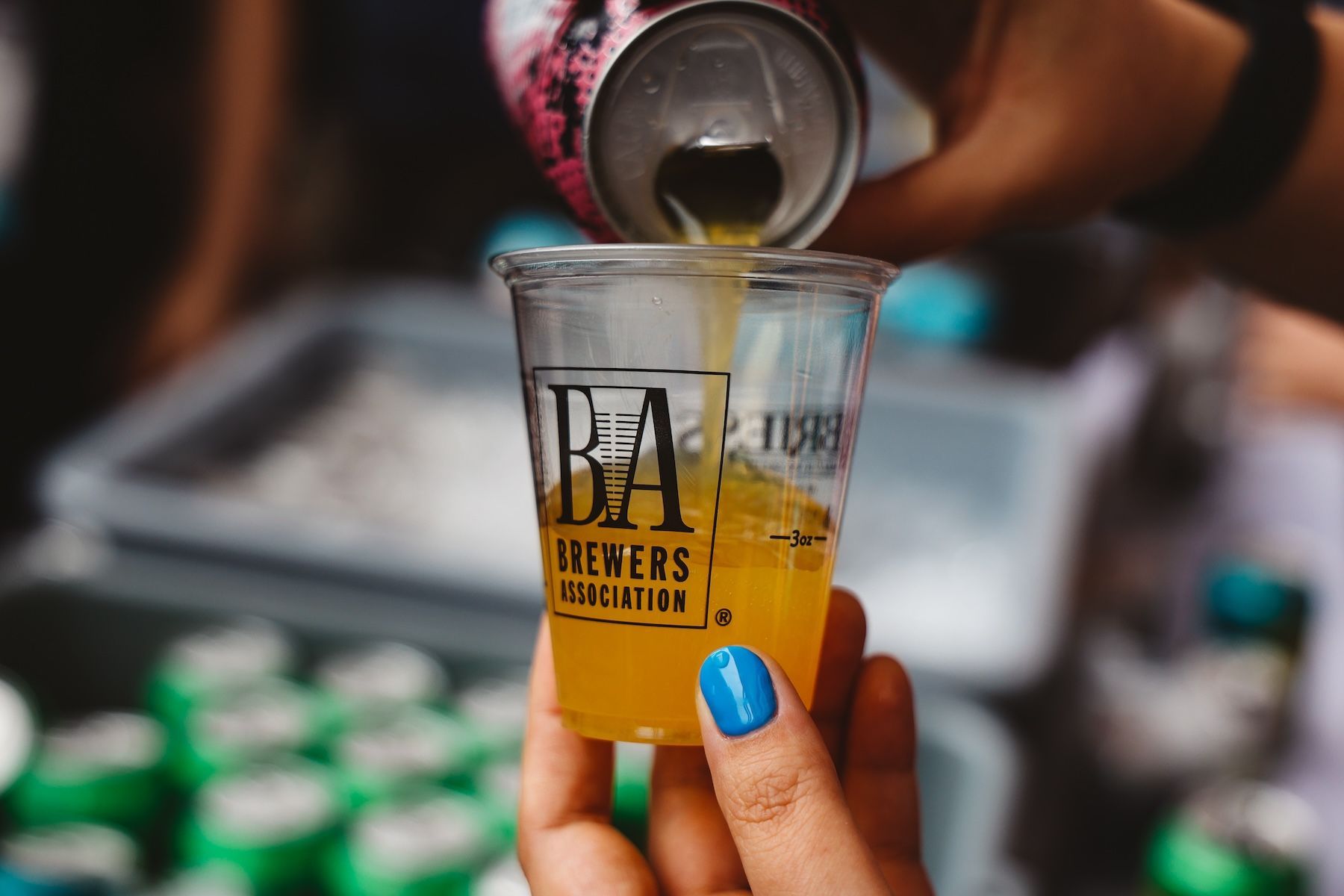

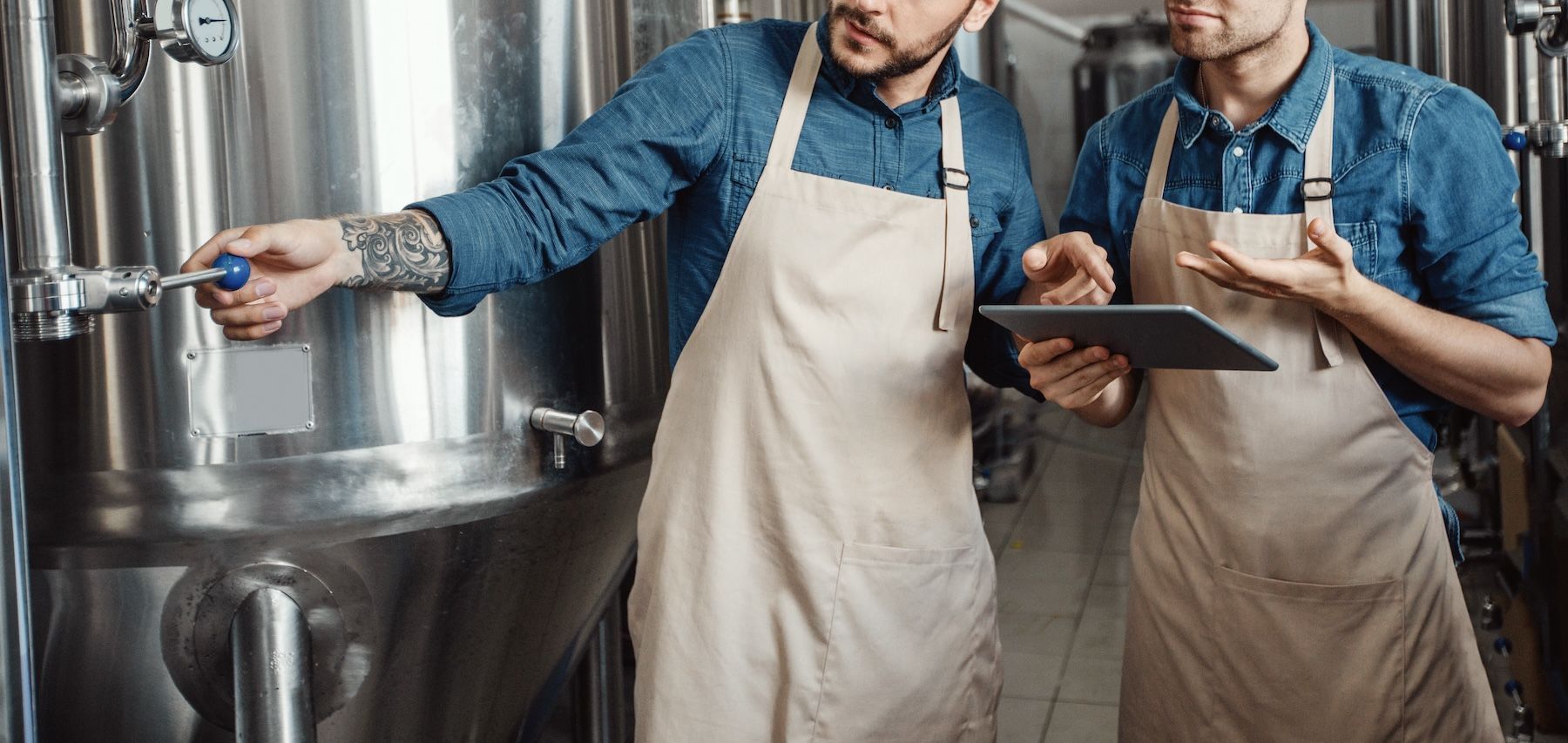
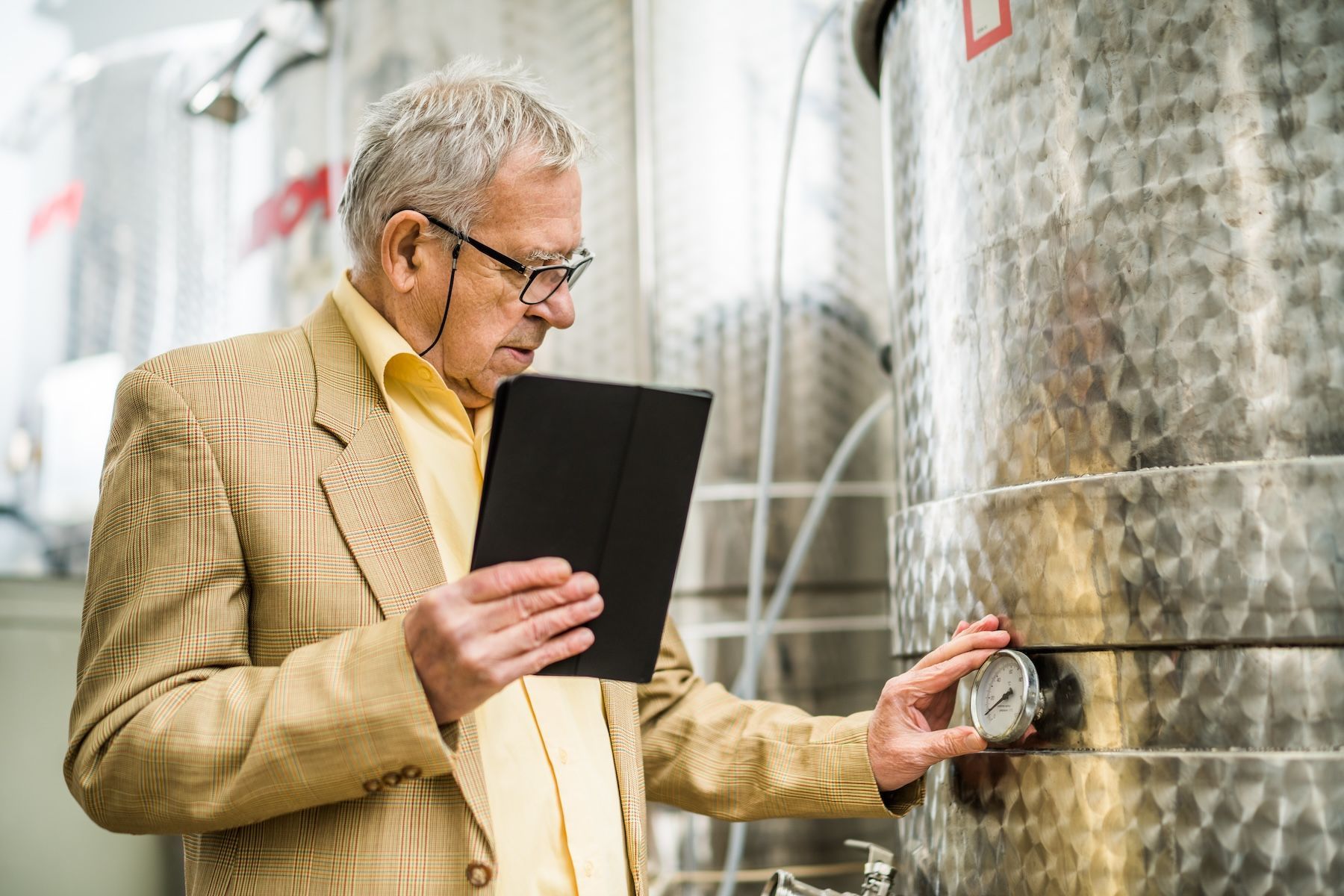


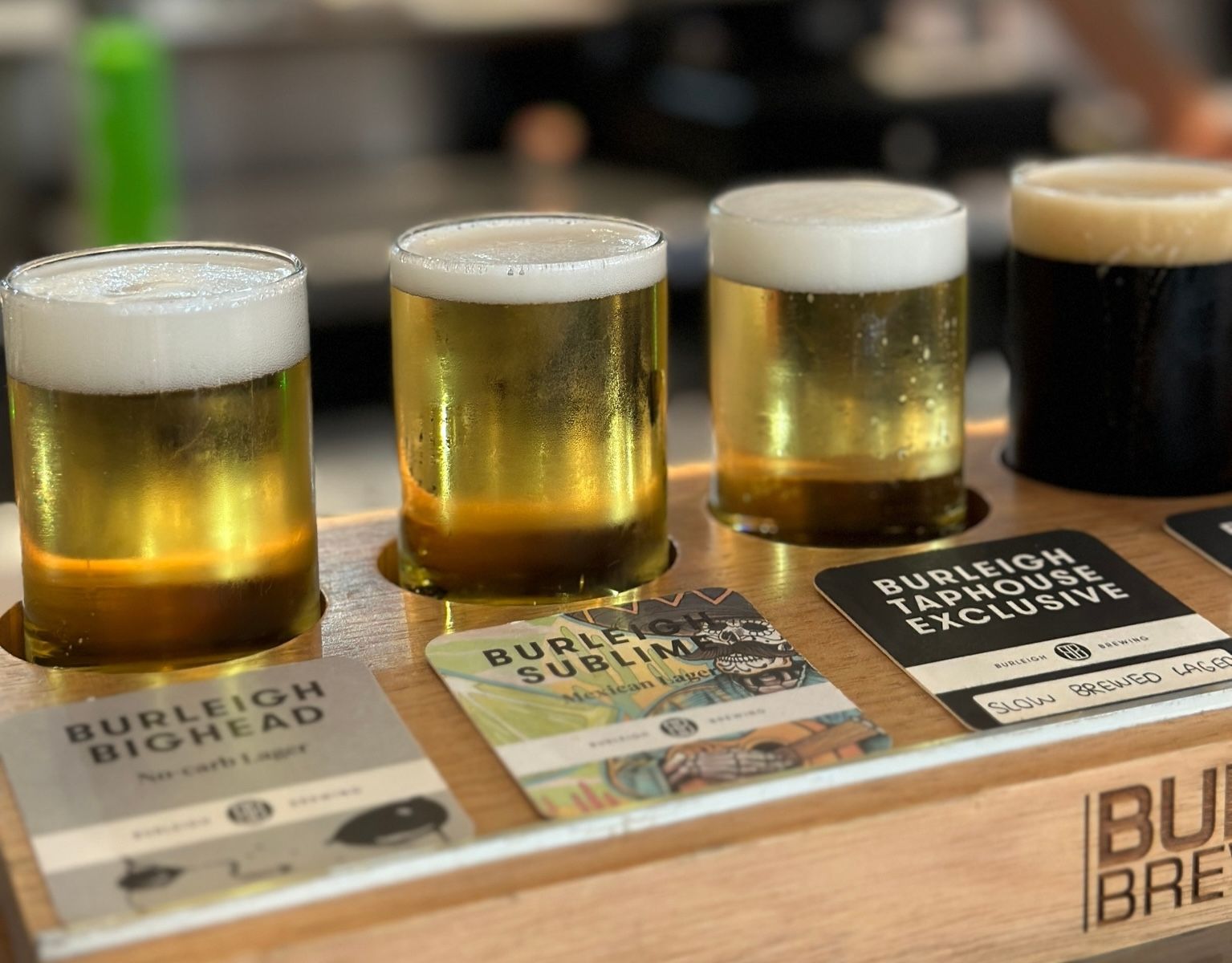



GET IN TOUCH
1512 Larimer Street, Suite #150
Denver, CO 80202
United States
(720) 699-0200
66 Goulburn Street
Sydney, NSW, 2000
Australia
+61 2 9044 1330

